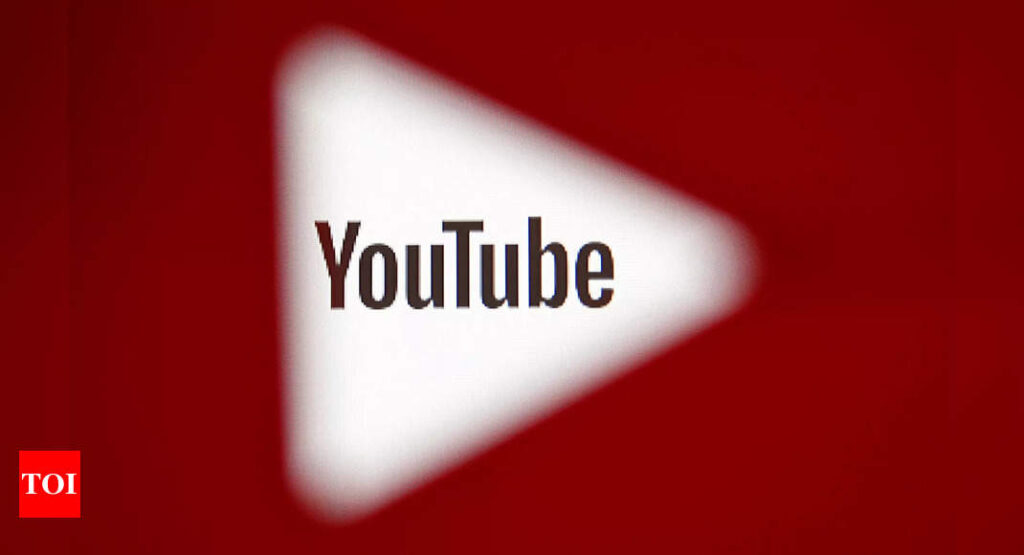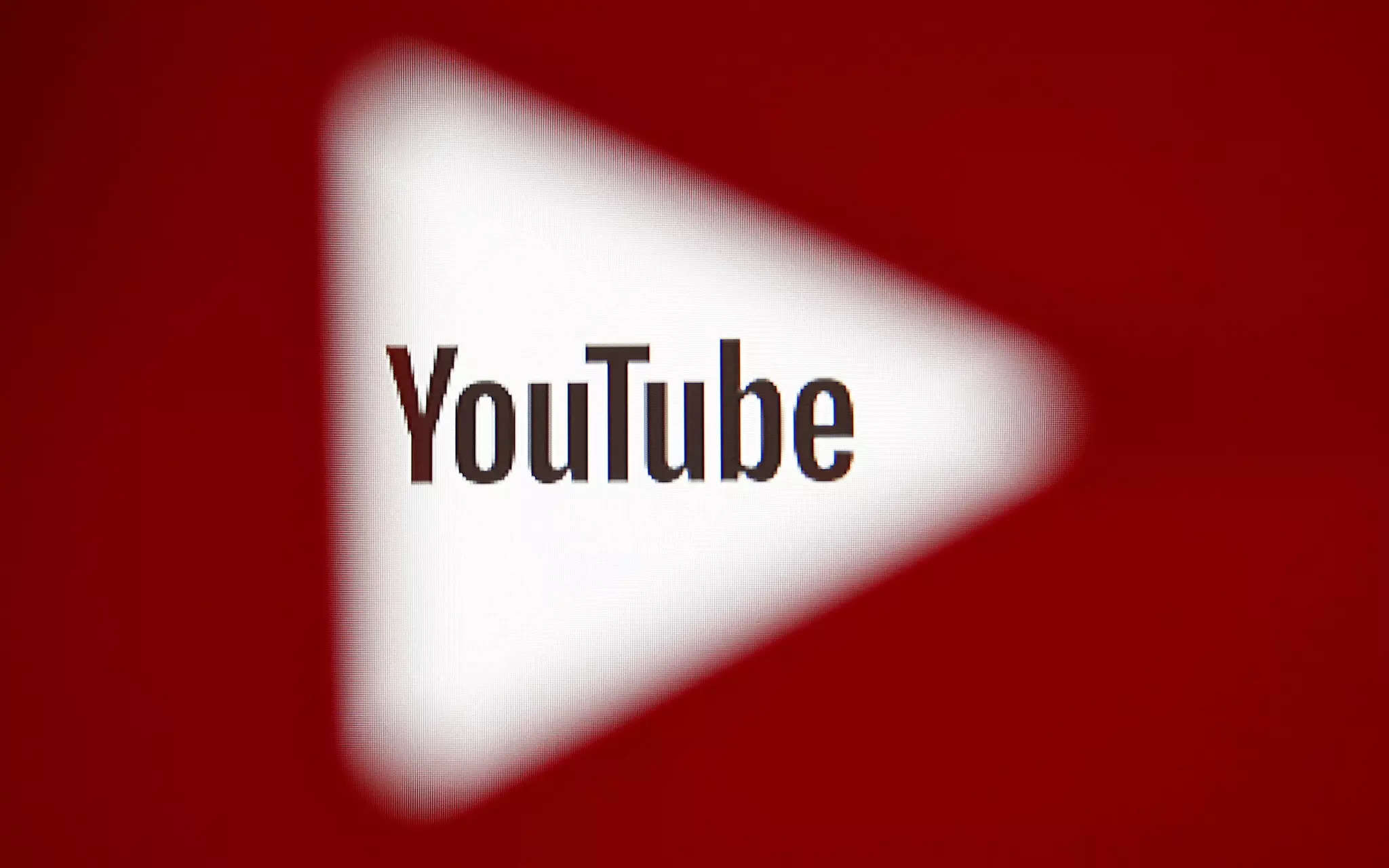[ad_1]
Google has been working to incorporate artificial intelligence (AI) tools in its services and has been updating policies around the same. As per the latest development, the company’s YouTube has announced a series of policy changes to ensure that viewers are informed when content has been generated by AI.
YouTube said that AI may be used to generate content that has the potential to mislead viewers – “particularly if they’re unaware that the video has been altered or is synthetically created.”
To address this concern, YouTube will introduce updates that inform viewers when the content they’re seeing is synthetic.These updates will be rolled out over the coming months and will make it mandatory for creators to declare that all or some content has been created using AI.
Why is it necessary
YouTube said that the move is essential in cases “where the content discusses sensitive topics, such as elections, ongoing conflicts and public health crises, or public officials.”
The creators who consistently choose not to declare the required information may be subject to content removal, suspension from the YouTube Partner Program, or other penalties.
How users will know about AI-generated content
Apart from labelling in the description panel indicating that some of the content was altered or synthetic, YouTube will apply a more prominent label to the video player.
“There are also some areas where a label alone may not be enough to mitigate the risk of harm, and some synthetic media, regardless of whether it’s labelled, will be removed from our platform if it violates our Community Guidelines,” the company said.
Removal of content
YouTube will also allow users to remove certain AI-generated or other synthetic or altered content. For that, YouTube will utilise a privacy request process and after considering “a variety of factors when evaluating these requests”, YouTube will take a call.
“This could include whether the content is parody or satire, whether the person making the request can be uniquely identified, or whether it features a public official or well-known individual, in which case there may be a higher bar,” it said.
YouTube said that AI may be used to generate content that has the potential to mislead viewers – “particularly if they’re unaware that the video has been altered or is synthetically created.”
To address this concern, YouTube will introduce updates that inform viewers when the content they’re seeing is synthetic.These updates will be rolled out over the coming months and will make it mandatory for creators to declare that all or some content has been created using AI.
Why is it necessary
YouTube said that the move is essential in cases “where the content discusses sensitive topics, such as elections, ongoing conflicts and public health crises, or public officials.”
The creators who consistently choose not to declare the required information may be subject to content removal, suspension from the YouTube Partner Program, or other penalties.
How users will know about AI-generated content
Apart from labelling in the description panel indicating that some of the content was altered or synthetic, YouTube will apply a more prominent label to the video player.
“There are also some areas where a label alone may not be enough to mitigate the risk of harm, and some synthetic media, regardless of whether it’s labelled, will be removed from our platform if it violates our Community Guidelines,” the company said.
Removal of content
YouTube will also allow users to remove certain AI-generated or other synthetic or altered content. For that, YouTube will utilise a privacy request process and after considering “a variety of factors when evaluating these requests”, YouTube will take a call.
“This could include whether the content is parody or satire, whether the person making the request can be uniquely identified, or whether it features a public official or well-known individual, in which case there may be a higher bar,” it said.
[ad_2]
Source link











More Stories
Google Maps: Three privacy features coming to Google Maps on Android, iPhones
Most-Downloaded IPhone App: This Chinese app was the most-downloaded iPhone app in the US in 2023
Ukraine’s largest mobile operator goes offline for millions of users after cyber attack